Switzerland’s special relations with Castro
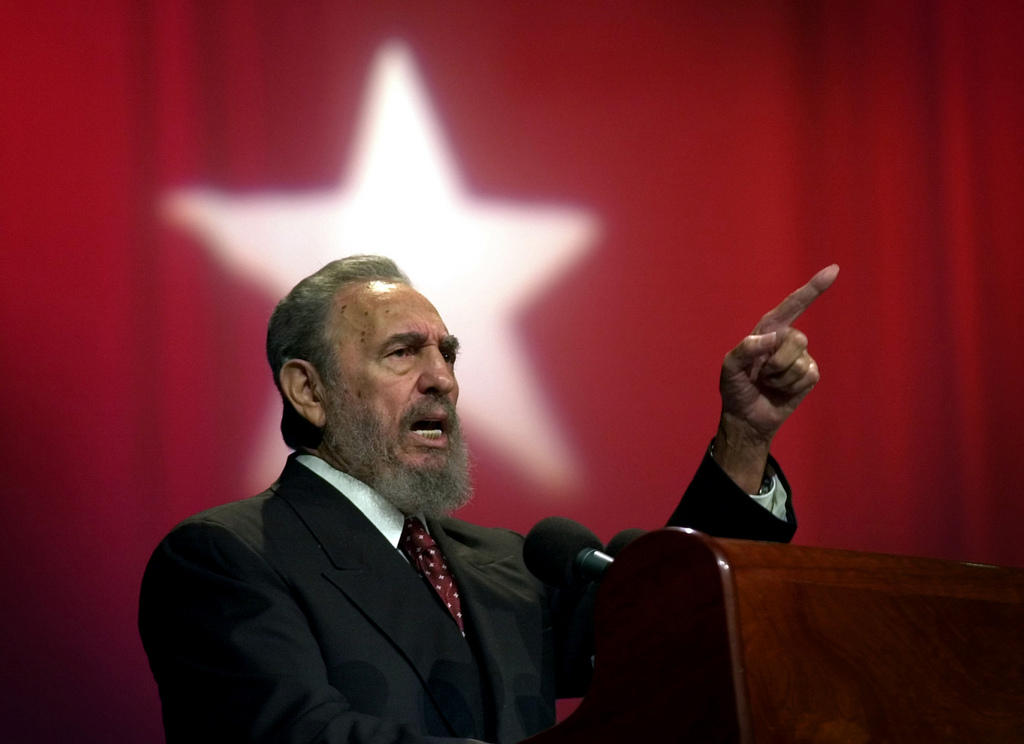
The former Cuban leader, Fidel Castro, a towering 20th century political figure has died at the age of 90. Switzerland and Cuba have had special ties for more than 50 years and many Swiss intellectuals felt inspired by Castro.
Castro, who was in poor health, had ceded power to his younger brother, Raúl, in 2008.
The Swiss government sent its condolence to the Cuban president.
Foreign minister Didier Burkhalter recalled the long-standing “special relations” between the two countries.
Switzerland represented the United States’ interests in Cuba from 1961 until the resumption of diplomatic relations between the two countries in July 2015. Switzerland also represented the interests of Cuba in the US from 1991 to July 2015.
Burkhalter, who had visited Cuba in 2015, praised the country’s education and health systems, but criticised the human rights violations. He also pointed out flaws in Cuba’s economy.
Speaking on the sidelines of a party conference in Thun on Saturday, Burkhalter said Switzerland hoped to extend relations with the Caribbean country.
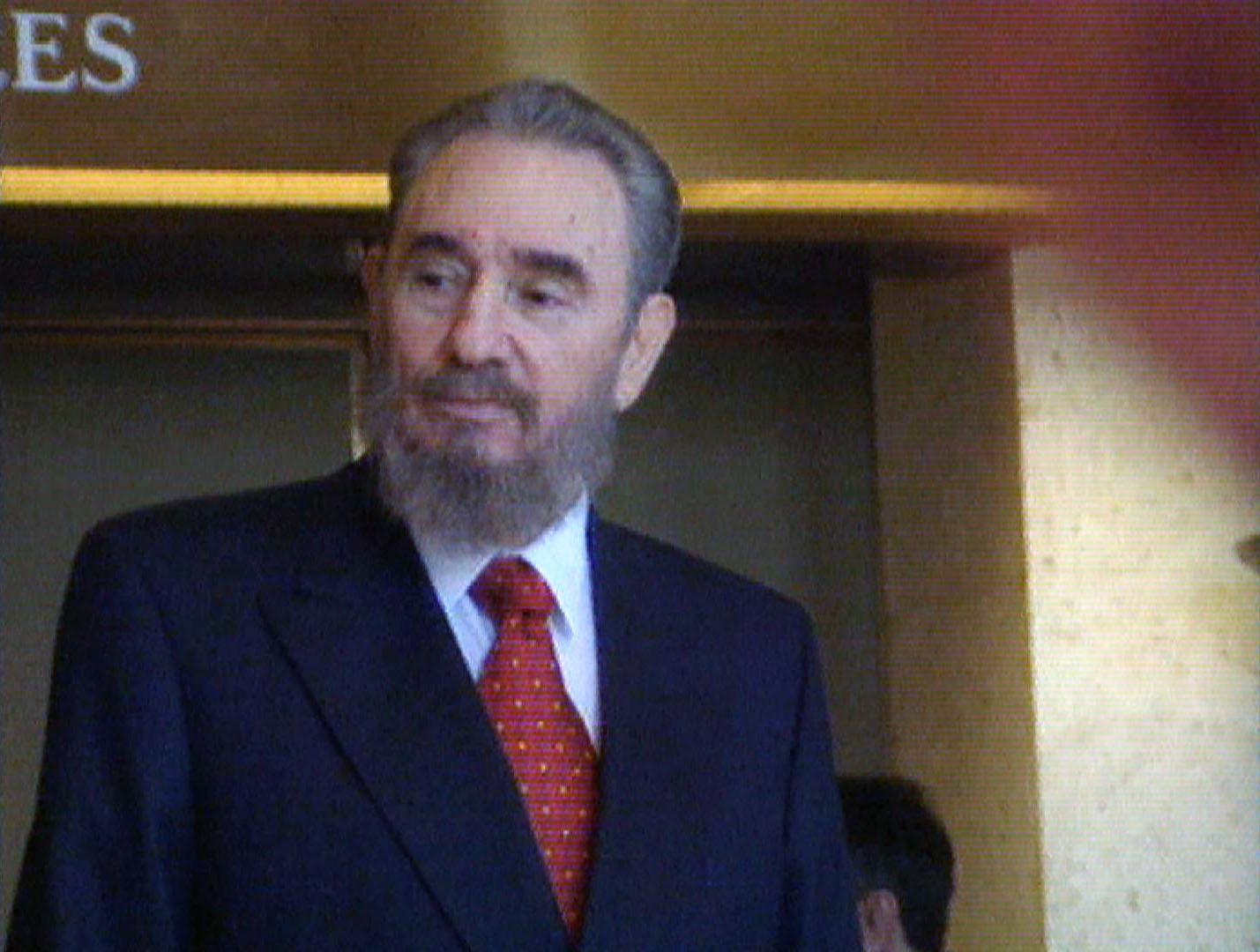
More
Fidel Castro in Switzerland
Good offices
For more than 50 years, Swiss diplomats were in close contact with the Cuba’s communist government and with Castro who never made a secret of his appreciation for Switzerland.
He congratulated the former Swiss ambassador to Havana, Emil Stadelhofer, for his mediation efforts between Cuba and Washington during the height of the crisis in 1962 over the deployment of Soviet missiles on the Caribbean island off the coast of Florida.
Stadelhofer met Castro for long discussions and was instrumental in organising the return of an US Air Force pilot shot down over Cuba.
Visit to Switzerland
Another highlight of Swiss-Cuban relations was Castro’s visit to the Swiss capital, Bern and to Geneva, the seat of the World Health Organization (WHO) in 1968.
Castro described the meeting with several members of the Swiss governments as “full of friendship, almost like in a family”. He also praised Switzerland as “a symbol of peace” and a model for relations between Washington and Havana.
Swiss President Flavio Cotti spoke of “honest, open and direct” talks, implying that Switzerland did not spare the Communist regime from criticism about its human rights record.
Swiss intellectuals
Castro had stayed true to his ideology beyond the collapse of Soviet communism. His aura as an imperturbable fighter for a better world impressed a number of Swiss intellectuals, artists and authors.
They include Jean Ziegler, renowned former professor of sociology and human rights expert, and author Hugo Lötscher, as well as photographers and film makers, René Burri, Luc Chessex and Richard Dindo.
Ziegler, who was a Special Rapporteur on the Right to Food for the United Nations, met Castro nine times between the late 1960s and 2006.
He told the Swiss News Agency that Castro was very welcoming, open-minded and down-to-earth.
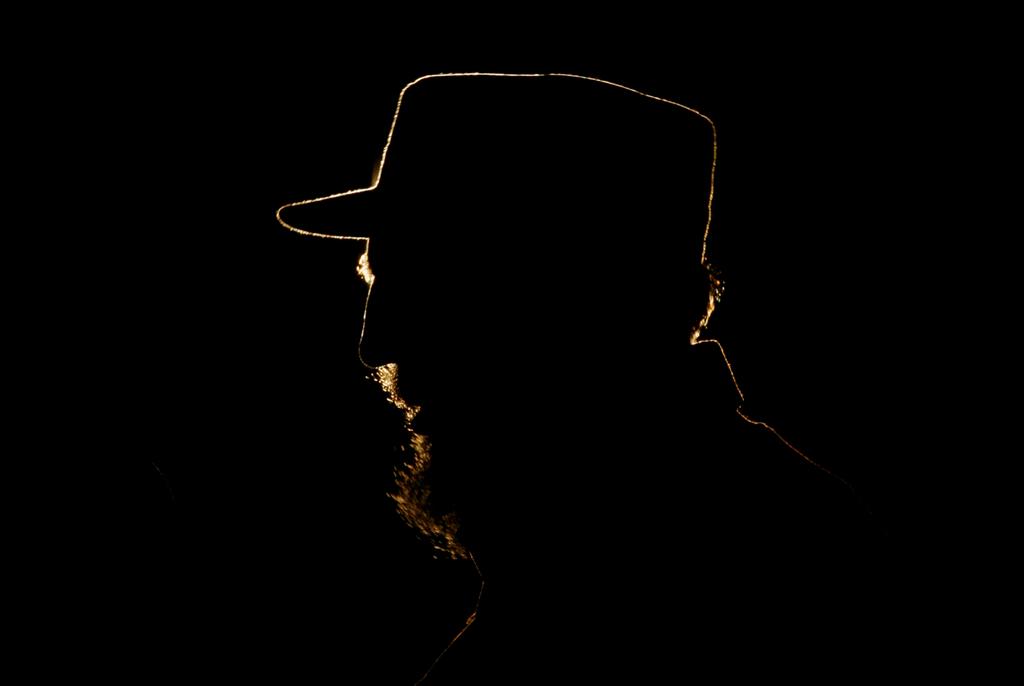
More
Fidel Castro as seen by René Burri
Franco Cavalli, cancer specialist and expert on Cuba’s health system, said Castro would remain an idol for many people in Cuba beyond his death.
Cavalli, former parliamentarian for the leftwing Social Democratic Party, told the agency that he met Raúl Castro and his daughter, Mariela, several times.
Aid
Beside the diplomatic relations, Switzerland has been supporting the participatory development of Cuban society through programmes by the office of the Swiss development aid agency for more than 15 years.
In recent years, Swiss development cooperation in Cuba has focused on municipality development, notably national strategies to promote local development in the agriculture and housing sectors. In 2015, Switzerland spent around CHF10 million ($9.9 million) on international cooperation activities in Cuba, according to the foreign ministry.
Non-governmental Swiss aid projects by mediCuba or Camaquito have focused on education and the fight against cancer.

In compliance with the JTI standards
More: SWI swissinfo.ch certified by the Journalism Trust Initiative
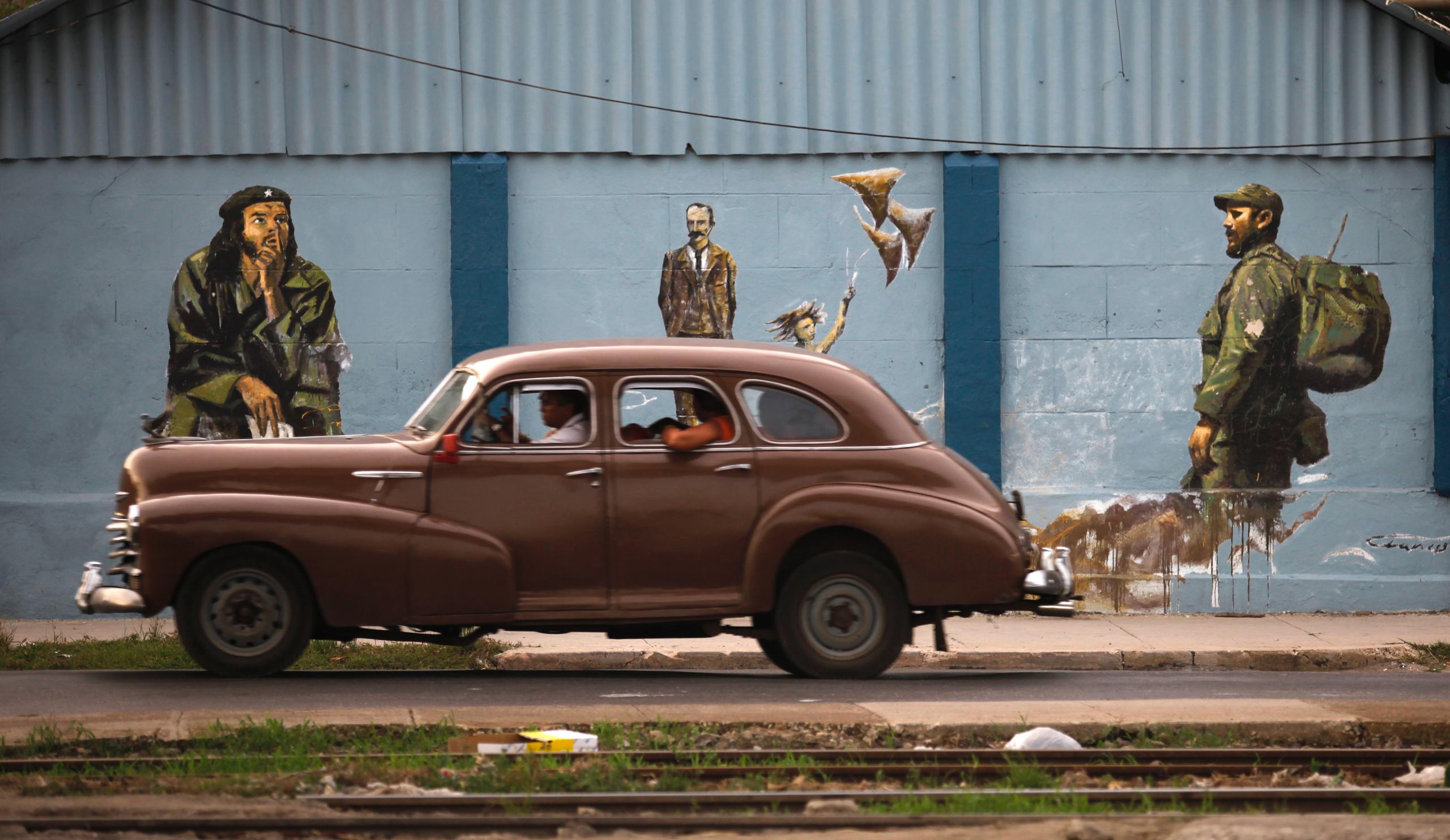
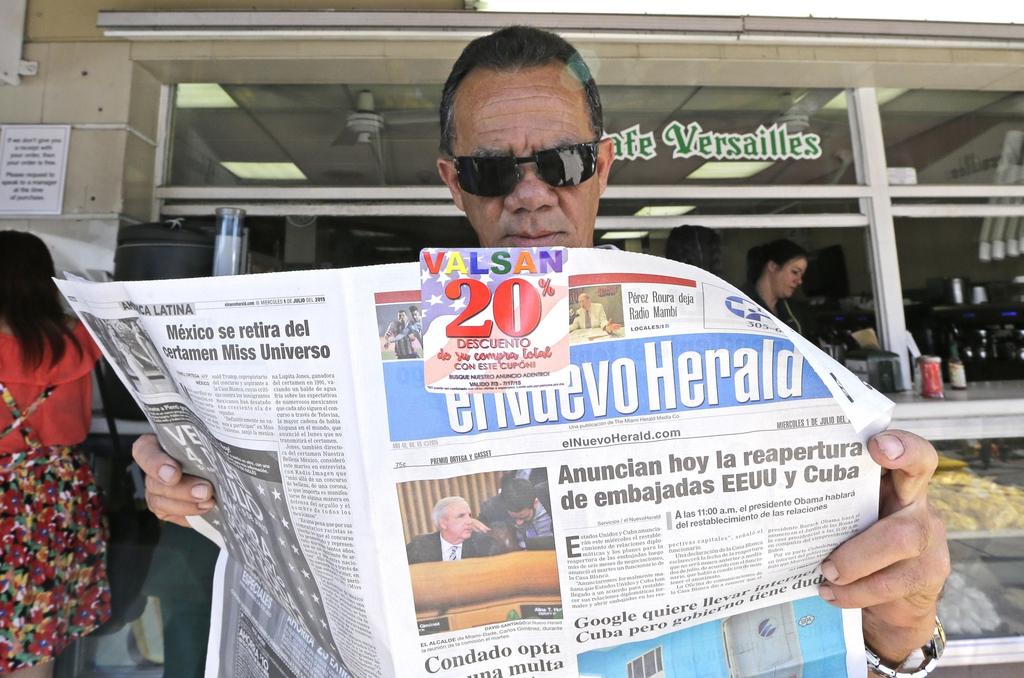
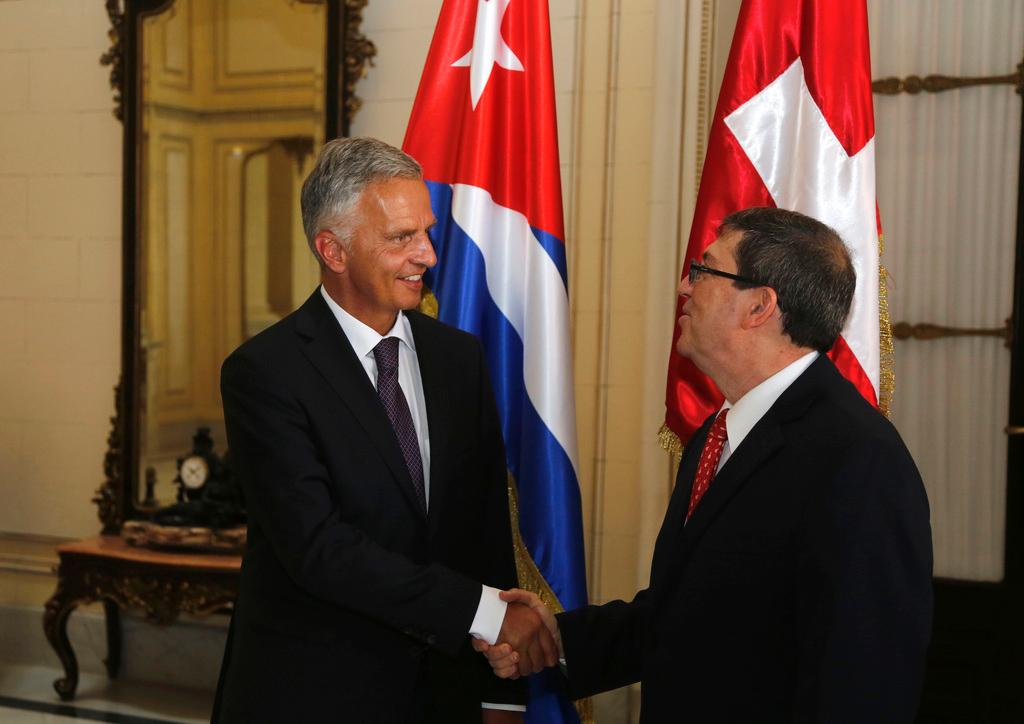
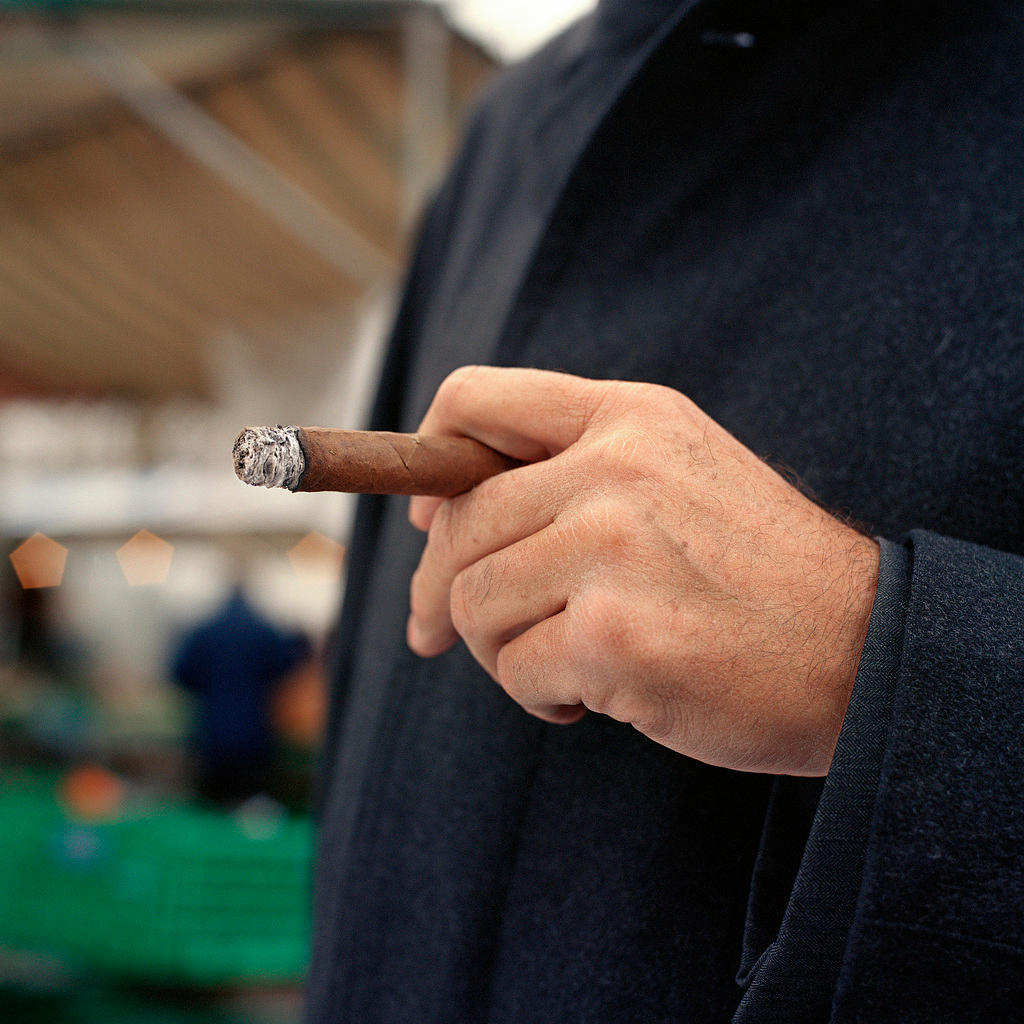
You can find an overview of ongoing debates with our journalists here . Please join us!
If you want to start a conversation about a topic raised in this article or want to report factual errors, email us at english@swissinfo.ch.